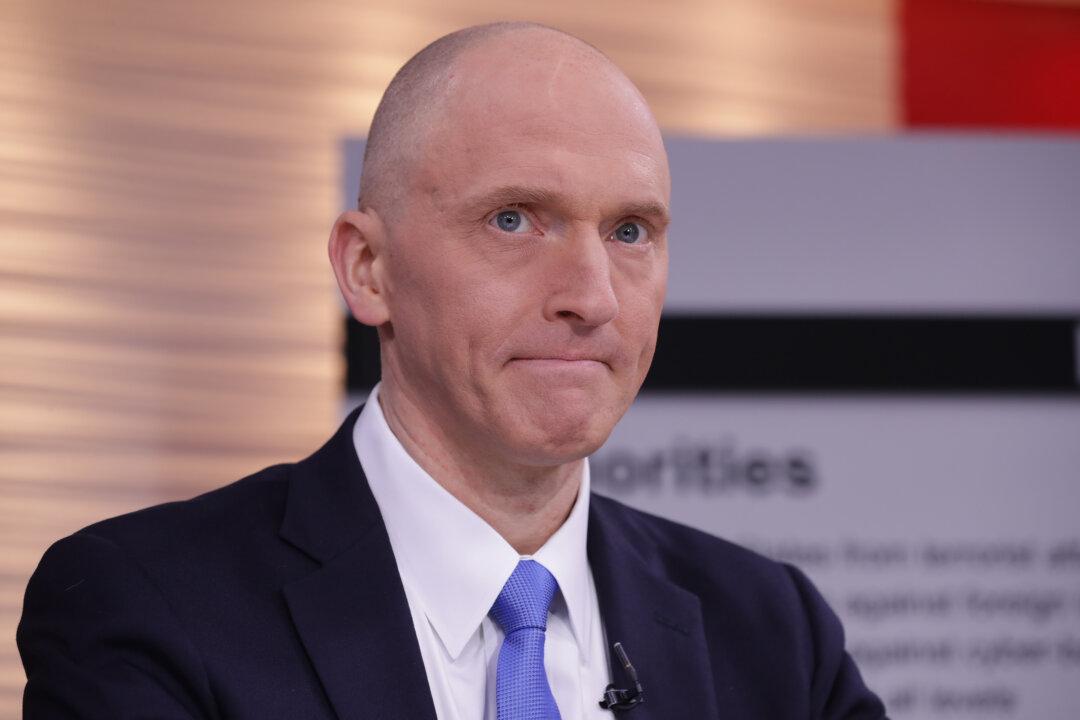The FBI began monitoring Carter Page shortly after he joined the 2016 Trump presidential campaign and months before the bureau opened a formal investigation of the campaign, according to details from a report released on Dec. 9 by the Department of Justice (DOJ) Office of Inspector General (OIG).
One week after the Trump campaign named Page as one of its foreign policy advisers on March 24, the FBI headquarters instructed the New York field office to open a counterintelligence investigation into Page.





